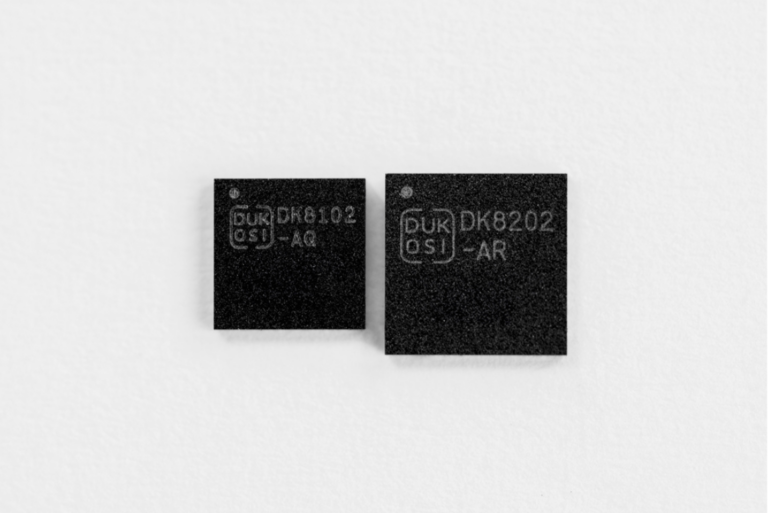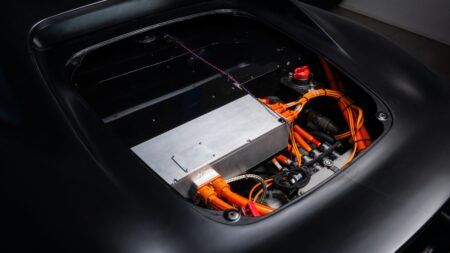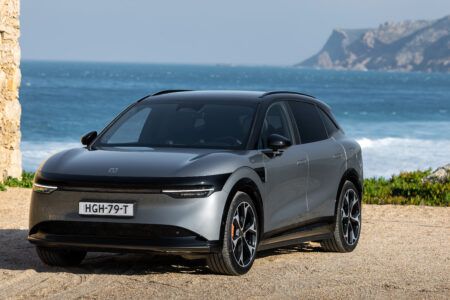Dukosi Ltd, an Edinburgh-based technology company, has announced that its Cell Monitoring System (DKCMS) for next-generation battery systems (BMS) is ready for volume production. The system, designed for EVs and stationary battery energy storage systems (BESS), has completed extensive qualification testing in line with AEC-Q100 standards.
The DKCMS Core hardware utilizes chip-on-cell technology, and a proprietary communication protocol called C-SynQ. This approach aims to improve battery design and monitoring, offering on-cell monitoring and non-volatile embedded memory for lifetime traceability. The system is designed to meet upcoming regulations such as the EU Battery Passport.
Key components of the DKCMS Core include the DK8102-AQ-25 Cell Monitor chip, DK8202-AR-25 System Hub chip, the Dukosi API, and C-SynQ. The Cell Monitor, mounted directly on each cell, tracks parameters like voltage and temperature, while also providing cell balancing and diagnostics. The System Hub manages data transfer between Cell Monitors and the BMS using C-SynQ via a single bus antenna.
“With its chip-on-cell sensing platform, Dukosi addresses an unmet market need ahead of competitors,” said Silvana Rulet, an analyst at Frost & Sullivan. “The solution provides insights into each battery cell through embedded software, onboard processing, and memory.”
The market potential for Dukosi’s solution is significant, with an estimated opportunity for 2 billion ICs in 2025 based on EV and BESS sales forecasts, projected to grow at 14.8% annually over the following decade.
“It is an extremely exciting time for Dukosi as we release the first DKCMS chips into production, putting real intelligence on every cell,” said Mark Pinto, CEO of Dukosi. “We have multiple customers and partners with DKCMS designed into their next generation batteries and BMS designs.”
The company reports that its contactless solution aims to overcome limitations of traditional wired and far-field wireless systems, potentially offering greater safety, design flexibility, and scalability in battery systems.





